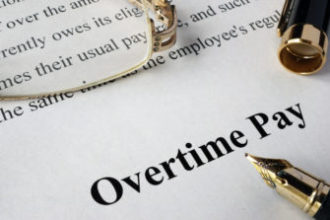A pizza restaurant chain in Manchester, Connecticut was held liable for violating the Fair Labor Standards Act (FLSA). An investigation…
As we’ve previously discussed, the Department of Labor Wage and Hour Division (WHD) has stepped up its enforcement initiatives over…

